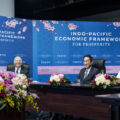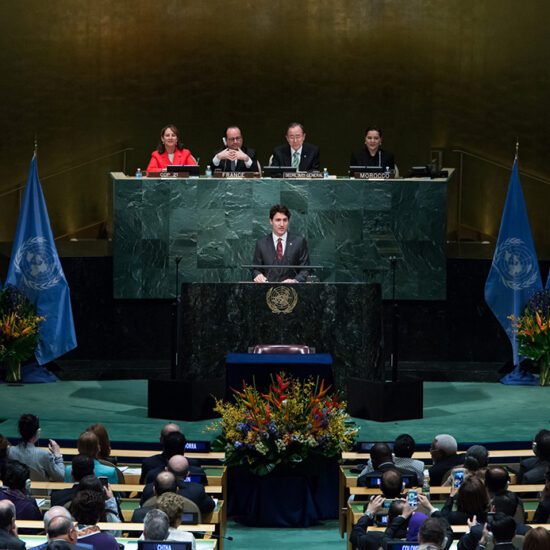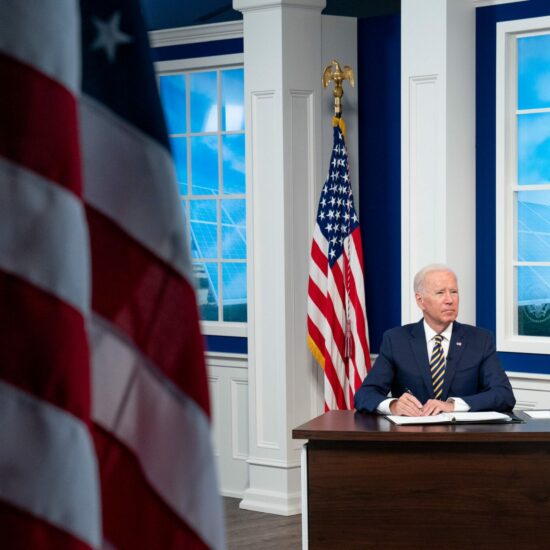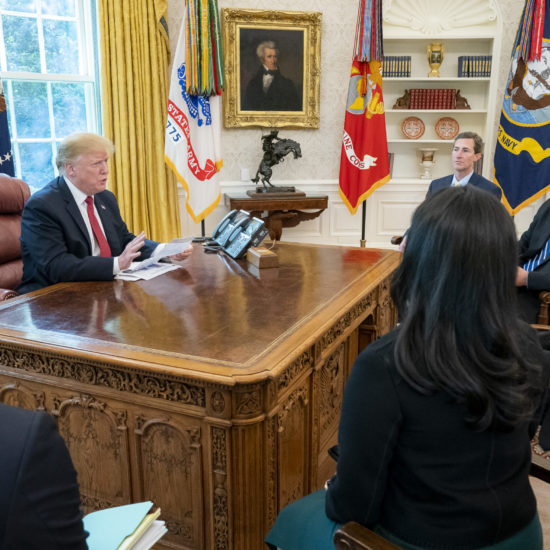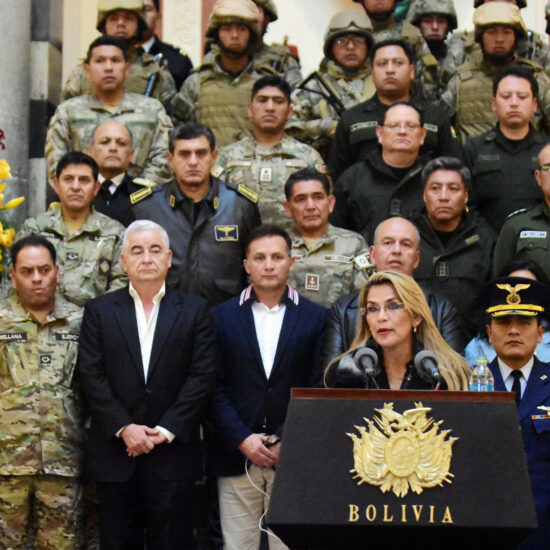
Evo Morales holds a press conference in Mexico City one day after his arrival in Mexico as a political refugee. By EneasMx/Nov 2019
From Haiti and Honduras to Venezuela and Bolivia, the same script consistently repeats itself: any government in the Global South that eschews neoliberal dogmas of the IMF and World Bank – regardless of the substance of their democratic legitimacy– are decried as despotic regimes and undergo some combination of ostracization, the implementation of sanctions regimes, and attempts at overthrow
By Amadeus Narbutt
On November 10th of 2019, Bolivia was shaken by a coup d’état. President Evo Morales – a titan of the Latin American left – was forced from office by the Bolivian military and forced to flee the country after weeks of civil protests questioning the authenticity of his electoral victory. The coup was fueled by a crucial report released by the Organization of American States (OAS). This report declared that irregularities were visible in the electoral data and thus interference by Morales’ party was the likely cause of his victory.
At the time of the coup, the Center for Economic Policy Research (CEPR) published a report casting doubt on OAS’ claims and stating that the available electoral data appeared consistent with Morales’ victory. However, CEPR’s report went largely unmentioned in mainstream media at the time, who repeatedly framed Morales as a dictator that had been triumphantly overthrown. The OAS – of which Canada and the United States are leading members – is responsible for its legitimation of the coup in Bolivia which was supported by Canadian and American diplomats. A recent article in The Washington Post states that the OAS report was not only inaccurate but also “unjustified and reckless”.
The new President installed in November is Jeanine Áñez, whose party won only 4.24% of the vote in the elections. With the support of the military, Áñez has associated with fascists and engaged in human rights abuses including discrimination against indigenous peoples (who were a large part of Morales’ electoral base), assaults on protestors, and the gassing of children. Despite initially stating that she would not stand as a candidate in the upcoming election – seemingly as a means of appearing neutral – Áñez has reneged on that promise and is currently neck and neck in the polls with Morales’ successor.
But retrospectively, the Bolivian case also fits in with a long history of hypocrisy and double standards of democracy in Latin America. From Haiti and Honduras to Venezuela and Bolivia, the same script consistently repeats itself: any government in the Global South that eschews neoliberal dogmas of the IMF and World Bank – regardless of the substance of their democratic legitimacy– are decried as despotic regimes and undergo some combination of ostracization, the implementation of sanctions regimes, and attempts at overthrow. Other governments – regardless of the severity of their political oppression and human rights abuses – remain steadfast allies of Western democracies, so long as they yield to the business interests of the West.
In February of 2004, a coup d’état occurred in Haiti to overthrow President Jean-Bertrand Aristide’s government, who had built a legacy as a champion of the poor. Aristide, according to the US, fled and was assisted by US forces, but has himself stated that it was effectively a kidnapping. The coup was preceded by a conference at Meech Lake in Quebec titled ‘The Ottawa Initiative’ to discuss options for foreign intervention against Aristide by representatives from France, the EU, and the OAS. No Haitian representatives were present. Immediately following the coup, the installed provisional government granted infrastructure contracts to Canadian corporation SNC-Lavalin and Canadian mining companies St. Genevieve Resources and KWG began mining exploration on Haitian territory. Haitian democracy has been tumultuously unstable since the 2004 coup. The recent failure to hold elections in October 2019 means that current President Jovenel Moïse – who continues to enjoy Canadian diplomatic support despite his own fraudulent election – has been governing by decree alone since January 2020.
With Jeanine Áñez’s regime displaying worrying signs of anti-democratic political repression, Haiti’s past seems a probable course for Bolivia’s future. Áñez may very well engage in more blatant and effective acts of political repression as the election draws close, including blatant electoral fraud. The role that USAID and the OAS will play in monitoring the next election will do little to help inspire legitimacy in Bolivia’s democracy due to the history both organizations have with electoral meddling. All of this comes as a result of the coup that was launched against Evo Morales, which has the fingerprints of Canadian mining interests all over it.
Bolivia’s stability has been eroded by the intervention of the OAS, with ramifications that could last years. Morales was far from perfect; there were credible reports of human rights abuses under his rule, and he made many unwise decisions, like insisting on running for a fourth term. Yet this does not justify damaging Bolivia’s democracy further and installing a regime whose human rights record is already horrendous. Democracy is fragile; overthrowing its mandates with such blatant disregard for the destabilizing aftershocks of such actions shows clearly that the OAS and its most powerful members do not care for it at all.

